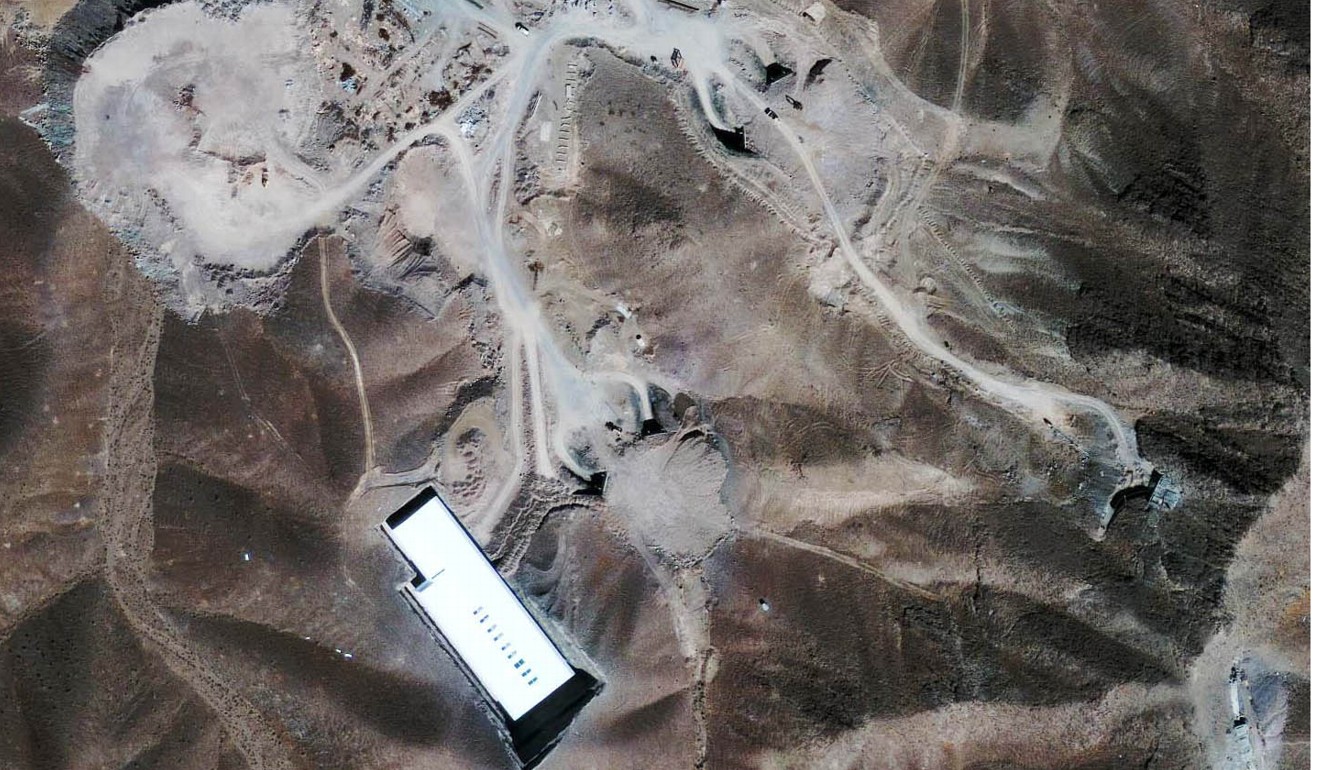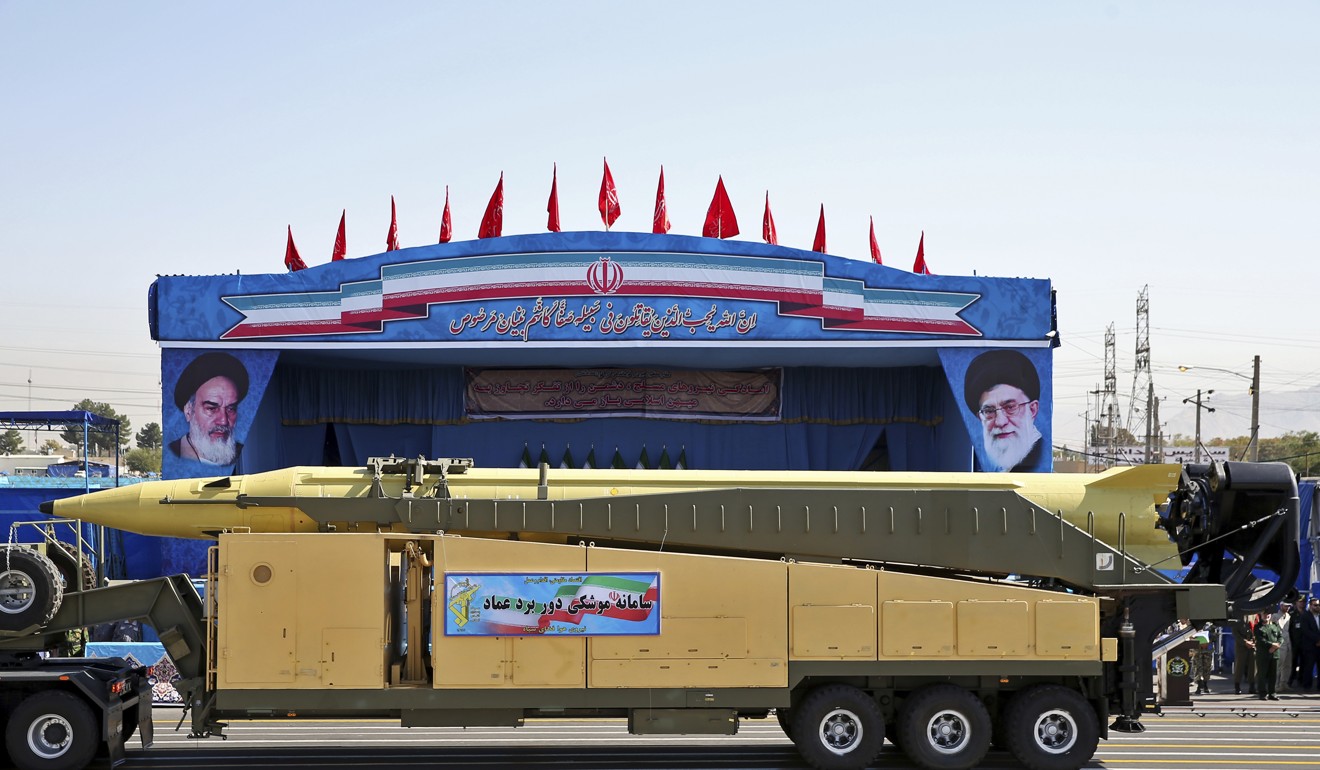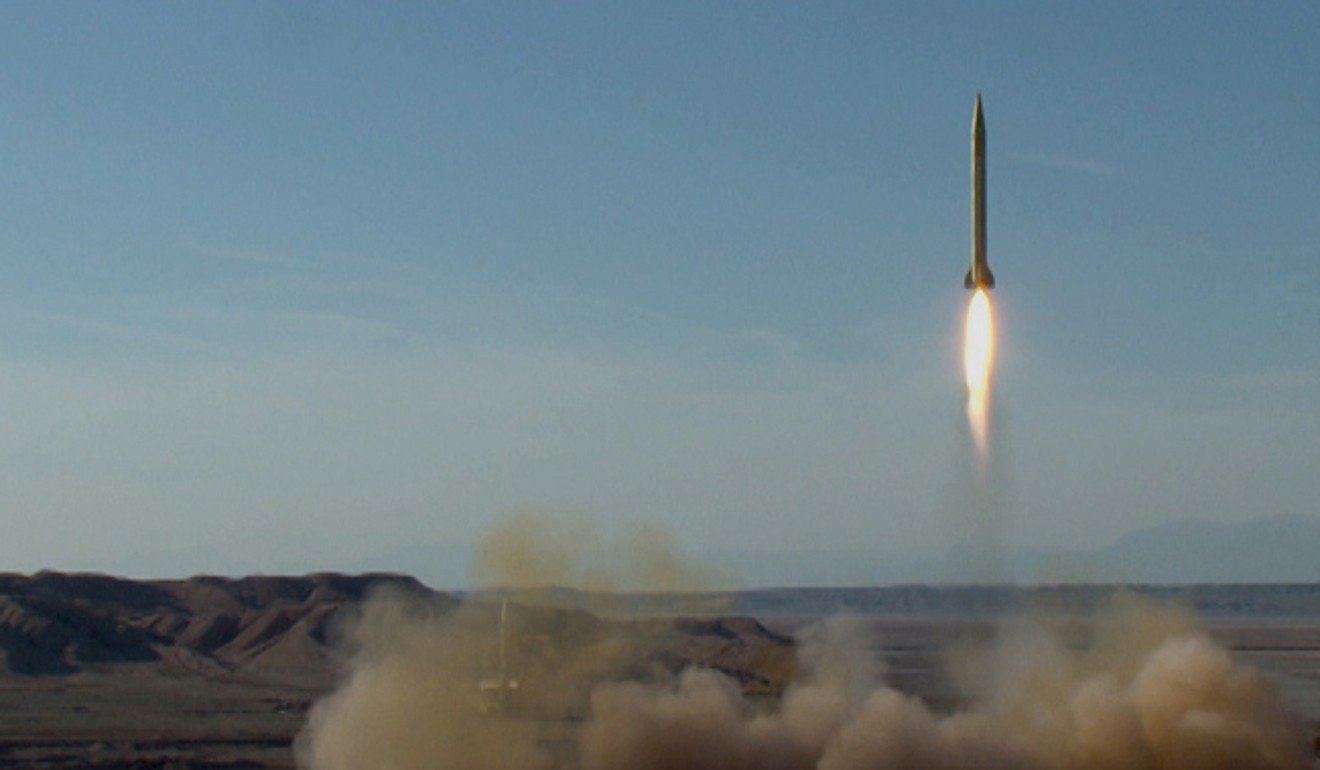
Iran could quit nuclear deal within hours if US keeps adding sanctions, President Rowhani warns
Iran long has insisted its atomic programme is for peaceful purposes despite Western fears of it being used to make weapons
Iranian President Hassan Rowhani warned on Tuesday that Iran could abandon its 2015 nuclear deal with world powers within hours if the United States keeps on imposing new sanctions.
In a speech to parliament, he also hit out at US counterpart Donald Trump saying that he had shown the world that Washington was “not a good partner”.

The US Treasury imposed sanctions on six Iranian firms in late July for their role in the development of a ballistic missile programme after Tehran launched a rocket capable of putting a satellite into orbit.
In early August, Trump signed into law new sanctions on Iran, Russia and North Korea passed by the US Congress. The sanctions in that bill also target Iran’s missile programmes as well as human rights abuses.

The United States imposed unilateral sanctions after saying Iran’s ballistic missile tests violated a UN resolution, which endorsed the nuclear deal and called upon Tehran not to undertake activities related to ballistic missiles capable of delivering nuclear weapons, including launches using such technology.
It stopped short of explicitly barring such activity.
Rowhani warned that Iran was ready to walk out of the 2015 deal, which saw the lifting of most international sanctions in return for curbs on its nuclear programme, if Washington persisted.
“Those who try to return to the language of threats and sanctions are prisoners of their past delusions,” he said in the televised address.

“If they want to go back to that experience, definitely in a short time – not weeks or months, but in the scale of hours and days – we will return to our previous situation very much more stronger.”
He said Iran did prefer to stick with the nuclear deal, which he called “a model of victory for peace and diplomacy over war and unilateralism” but that this was not the “only option”.
Rowhani said Trump had shown he was an unreliable partner not just for Iran but for US allies.
“In recent months, the world has witnessed that the US, in addition to its constant and repetitive breaking of its promises in the JCPOA [nuclear deal], has ignored several other global agreements and shown its allies that the US is neither a good partner nor a reliable negotiating party,” he said.
He highlighted Trump’s decisions to withdraw from the Paris climate agreement and international trade deals.
Iran’s parliament on Sunday approved more than half a billion dollars in funding for the country’s missile programme and foreign operations of the elite Revolutionary Guards in response to the new US sanctions.
Rowhani also spoke with Russian President Vladimir Putin on Monday night, vowing to build on their joint military efforts across the region.
“Tehran welcomes the active presence of Russia’s investors ... in major infrastructure projects including in the fields of industry and energy,” his office said.
Rowhani, a 68-year-old moderate cleric, won a resounding re-election victory in May in large part due to the backing of reformists who supported his message of greater civil liberties and equality.
Agence France-Presse, Reuters
